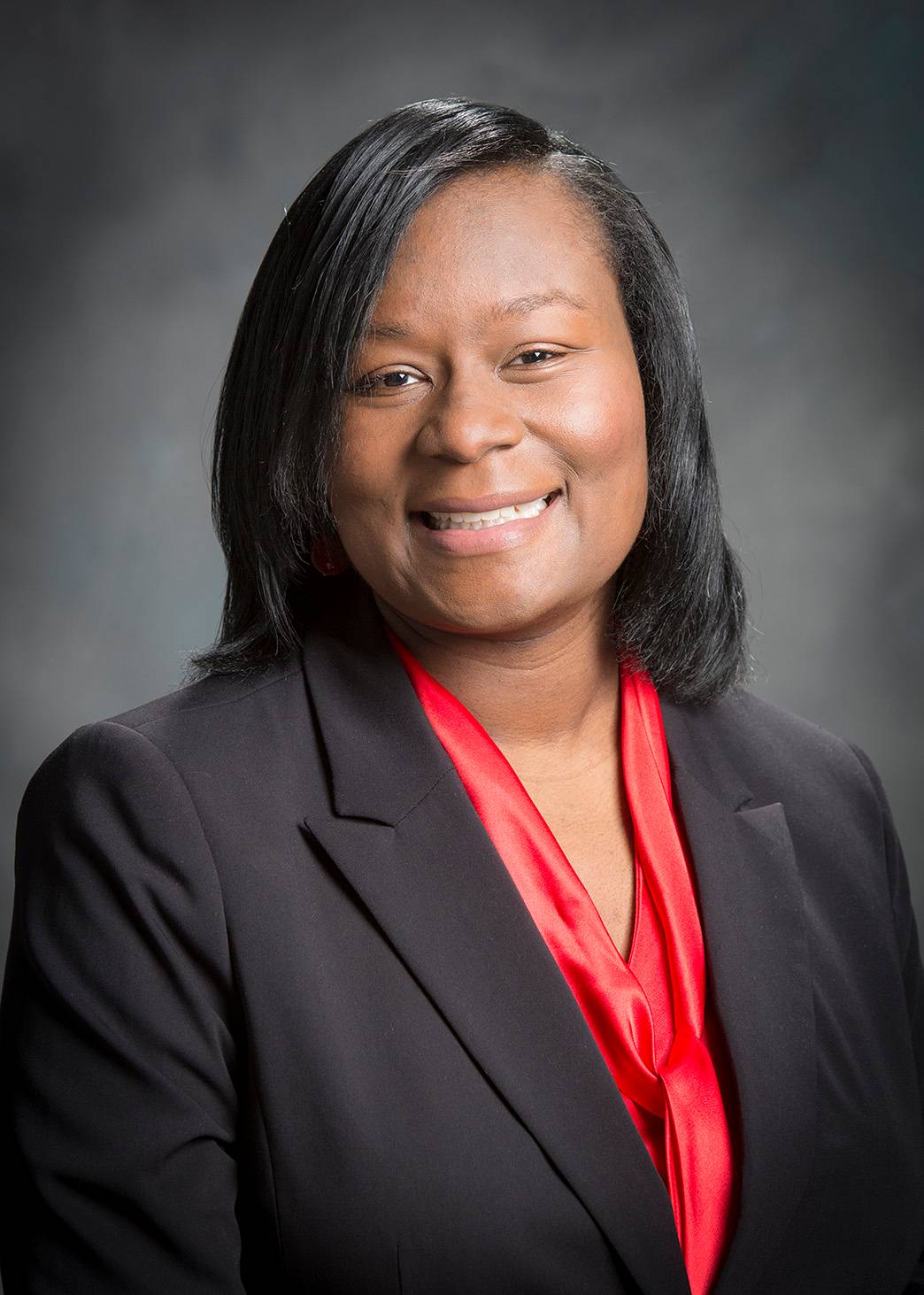Researcher shares advice for families and caregivers assisting someone with dementia
Julie Cooper | June 10, 2019


Dr. Valarie Fleming is the chair and professor in the Department of Communication Disorders at Texas State University and a certified speech-language pathologist. She works with patients and their families, managing their communication needs.
Dementia, she explains, is not just a change in memory – it is also a communications change.
“When people think about dementia they automatically think about Alzheimer’s disease, one of the most common types of dementia, and the memory loss that comes with it. People don’t really think about how memory changes can affect how well individuals communicate with their caregivers,” says Fleming.
Research-based interventions
“Part of my research really got started in trying to determine a way to check on communication wellness. If you look at news articles from when Ronald Reagan was president, people started to say the content of his speech was changing. He had trouble finding words. In hindsight, we know he did have some early signs of dementia. Reading about those changes motivated my research as a doctoral student,” she says.
Fleming has conducted several studies that look at the effects of mild cognitive impairment (MCI). She says about half of those diagnosed with MCI may develop dementia within five years. Physicians often view this as a transitional phase because the individual can live independently, drive and it doesn’t affect daily activities.
“Caregiving is an unsung labor of love”
“Sometimes some of the load or stress that caregivers experience is because people are not communicating the way they used to be able to communicate… What we like to do is provide information to help caregivers so that daily life is not as stressful as it could be, especially as the dementia progresses. We also try to help with strategies to help facilitate communication.”
Dr. Fleming offers several strategies for caregivers including:
- Make good eye contact – call the person by his or her name
- Speak more slowly and give the individual time to process and understand what is being said
- Be aware of tone – not too loud, but loud enough so the person can hear them
- Body language is important — if the communicator/caregiver is upset, the person with dementia can sense that and knows that there is a problem.
- Keep the patient involved. Let them make decisions, but not so many choices that it is overwhelming.
- Be warm and give simple instructions. Those are things that can go a long way.
- Be specific and be positive. “You might say, ‘let’s try it this way’ or ‘thank you for helping.’”
- Yes and no questions are good. Instead of ‘How are you feeling today,’ ask, ‘do you feel tired today?’”
Trying to maintain a good quality of life is important for individuals and families living with dementia. “We tell families you have to have a sense of humor — laughter can be the best medicine. It is part of communication and what makes us human,” Fleming says.
Share this article
For more information, contact University Communications:Jayme Blaschke, 512-245-2555 Sandy Pantlik, 512-245-2922 |